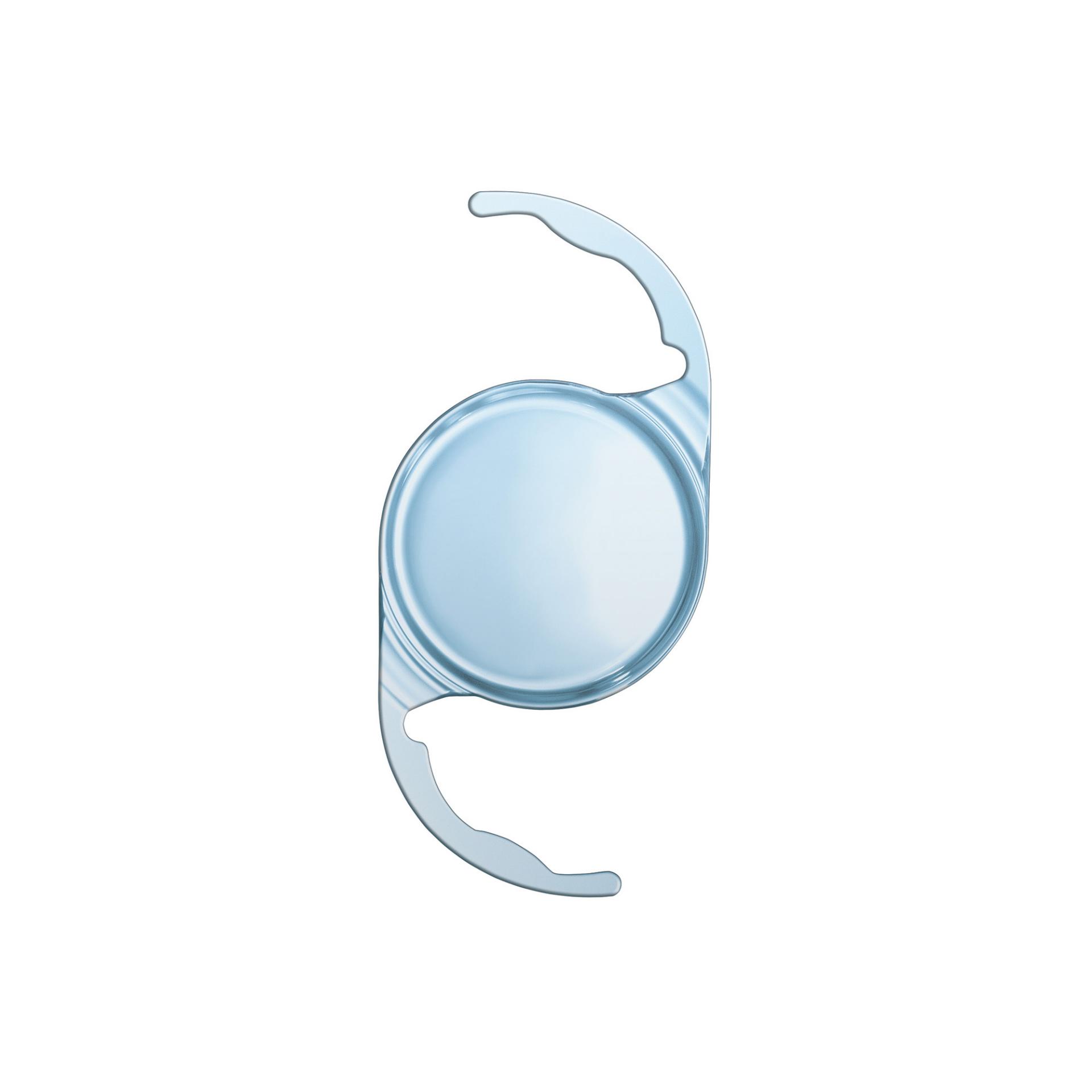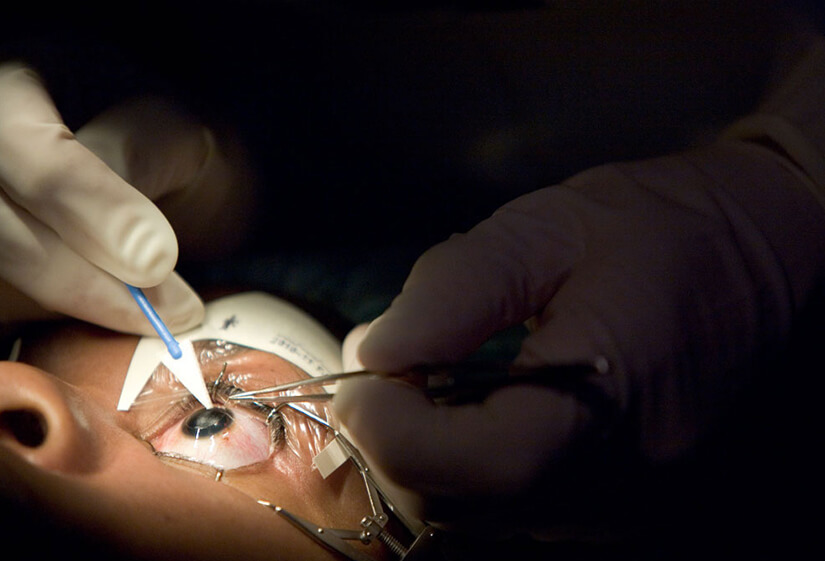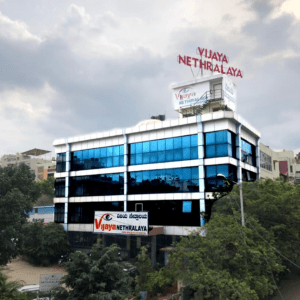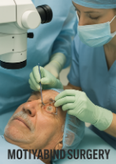Cataract surgery has become a common procedure that can restore vision for millions of people worldwide. When you or a loved one is diagnosed with cataracts, it’s important to understand the different types of lenses available for implantation during surgery. One of the most frequently used lenses is the monofocal lens. This article will explore the benefits and considerations surrounding the monofocal lens to help you make an informed decision about whether it’s the right choice for cataract surgery.
What is a Monofocal Lens?
A monofocal lens is an intraocular lens (IOL) that provides clear vision at one specific distance, usually either far or near. During cataract surgery, the surgeon removes the cloudy natural lens from the eye and inserts a monofocal IOL in its place. The primary purpose of this lens is to correct distance vision. However, patients may need reading glasses or glasses for intermediate distances since a monofocal lens does not accommodate multiple focal lengths.

How Does a Monofocal Lens Work?
The monofocal lens works by mimicking the natural eye’s focusing ability but only at one fixed distance. After cataract surgery, your brain adjusts to the new lens, which provides a stable and predictable outcome. The surgeon usually sets the lens to focus on distance vision, so you can expect to see objects in the distance clearly, such as road signs or television screens.
The material of the lens is either acrylic or silicone, and manufacturers craft it to be highly durable.Once inserted, it stays in the eye permanently and does not require adjustment or maintenance.
The Advantages of Monofocal Lenses
Choosing a monofocal lens for cataract surgery offers several significant advantages:
1. Clear Distance Vision
For most patients, the primary reason for choosing a monofocal lens is its ability to restore clear distance vision. If you are someone who values having a sharp focus on distant objects, such as driving or watching television, the monofocal lens is an excellent option.
2. Proven Track Record
Surgeons have used the monofocal lens for decades, and it has an established track record of successful results. They are highly familiar with this type of lens, and extensive research ensures a reliable outcome.
3. Affordable Option
Compared to other types of intraocular lenses, such as multifocal or accommodating lenses, monofocal lenses are typically more affordable. Insurance may also cover part or all of the cost, making them a cost-effective choice for patients looking to undergo cataract surgery without additional financial burdens.
4. Lower Risk of Complications
Because monofocal lenses have a simple design and a long history of use, they tend to carry fewer risks and complications compared to more advanced lenses.This makes them an appealing option for individuals who want a straightforward and predictable recovery process.
5. Fast Recovery Time
Patients who opt for monofocal lens surgery often experience a quicker recovery time. As the lens does not require adjustments for multiple focal lengths, the healing process is generally faster and more predictable.
Who is a Good Candidate for a Monofocal Lens?
The monofocal lens is a great option for many patients undergoing cataract surgery. However, the best candidates are typically those who have uncomplicated cataracts and prefer clear distance vision. People who have a strong preference for distance vision and are willing to use glasses for near vision tasks may benefit the most from this type of lens.
Ideal Candidates Include:
- Healthy Eyes: Patients with no other major eye conditions, such as astigmatism, may be better suited for the monofocal lens.
- Active Individuals: Those who primarily need clear vision for distance-related activities like driving and watching sports may benefit most from this lens.
- Budget-Conscious Patients: Those seeking an affordable option without the desire for multifocal or advanced lenses may prefer the monofocal lens.
- Individuals with No Strong Preference for Near Vision: If you’re comfortable using reading glasses, the monofocal lens can be a practical solution.
Alternatives to Monofocal Lenses
While the monofocal lens is a solid choice for many, there are other intraocular lens options that may better suit individuals with specific needs or preferences.
1. Multifocal Lenses
Multifocal lenses provide clear vision at multiple distances—near, intermediate, and far—eliminating the need for separate glasses for different activities. This eliminates the need for reading glasses or glasses for intermediate tasks. However, multifocal lenses come with a higher cost and may have a higher risk of visual disturbances such as glare or halos.
2. Toric Lenses
Toric lenses are designed to correct astigmatism, a condition where the cornea is unevenly shaped. If you have astigmatism in addition to cataracts, a toric monofocal lens might be a better option to correct both vision issues in one surgery.
3. Accommodating Lenses
Accommodating lenses change focus slightly to help with near and distance vision, providing some degree of accommodation. These lenses are not as versatile as multifocal lenses, but they offer better intermediate vision than monofocal lenses.
Price of a Monofocal Lens in India and Bangalore
The price of monofocal lens surgery can vary depending on several factors, including the location of the surgery, the surgeon’s expertise, and whether you are opting for additional services like pre-operative testing or post-operative care.
- In India, the cost for monofocal cataract surgery typically ranges from ₹25,000 to ₹60,000 per eye, depending on the hospital and the technology used.
- In Bangalore, the cost is usually in the range of ₹30,000 to ₹50,000 for monofocal lens cataract surgery.
- Factors like the reputation of the surgeon, the type of facility, and the use of advanced technology during surgery can also influence this price.
Some insurance policies may cover part of the cost, especially if the procedure is medically necessary, but you should confirm this with your provider.
Keep in mind that if you choose advanced lenses like multifocal or accommodating lenses, the price could be significantly higher. Consulting with your healthcare provider is important to understand the total cost and what is included.
Before the Procedure: What to Expect
Before undergoing cataract surgery with a monofocal lens, your ophthalmologist will conduct a thorough eye exam to evaluate the health of your eyes and determine the appropriate lens for your needs.
Key Steps Include for cataract procedure:
- Pre-Operative Evaluation: Your eye doctor will measure the shape, size, and health of your eye. This helps to determine the correct power of the monofocal lens.
- Discussing Expectations: You will have a detailed discussion with your surgeon about the type of lens to be used and what you can expect in terms of vision outcomes.
- Preparing for Surgery: You may be advised to stop taking certain medications and avoid eating or drinking for several hours before the surgery.
After the Procedure: Recovery and Care
After the cataract surgery with a monofocal lens, the recovery time is typically quick, and many patients notice improvements in their vision within a few days.
Post-Operative Care Includes for cataract procedure:
- Resting: You’ll be advised to rest for a few days to allow your eye to heal.
- Using Eye Drops: To prevent infection and reduce inflammation, your doctor will prescribe eye drops.
- Avoiding Strenuous Activities: It’s important to avoid heavy lifting and strenuous activities for a few weeks following surgery.
- Follow-Up Appointments: Regular follow-up appointments will be scheduled to monitor your recovery and ensure that your vision improves as expected.
Understanding that your vision will improve but you may still need reading glasses for close-up tasks like reading or using a smartphone is important, as the monofocal lens focuses on a single distance.
Conclusion
The monofocal lens is a reliable and affordable option for cataract surgery, especially for patients who primarily need clear distance vision. Its proven effectiveness, affordability, and lower risk of complications make it a popular choice. While it may require reading glasses for near vision tasks, it offers a solid and predictable outcome for many individuals.
When considering cataract surgery, it’s essential to weigh the pros and cons of each type of intraocular lens and make an informed decision that aligns with your lifestyle. Always consult your ophthalmologist to determine the most suitable lens for your needs and to ensure the best possible outcome for your vision.
Author Details:
Dr. Sushruth Appajigowda holds a prominent position as a Cornea, Cataract, Glaucoma, and LASIK Surgeon in Bangalore. He serves as the chief Cataract and Refractive surgeon at Vijaya Nethralaya Eye Hospital, Nagarbhavi Bangalore. Renowned as one of the finest LASIK surgeons nationwide, he brings with him over 12+ years of experience across multiple LASIK platforms, including ZEISS, ALCON, SCHWIND, AMO, and Bausch and Lomb. Having successfully conducted over 5000 LASIK procedures, Dr. Sushruth holds the title of a Certified Refractive Surgeon and a Fellow of the All India Collegium Of Ophthalmology. Furthermore, he stands as a distinguished speaker at various National and International Forums, using his expertise to guide you in selecting the most suitable procedure based on your health requirements.

http://vijayanethralaya.com/link-in-bio/
FAQ: Monofocal Lenses and Cataract Surgery
1. Do I need to wear glasses after cataract surgery with a monofocal lens?
Yes, most patients will need to wear glasses for near vision tasks like reading or using a smartphone since the monofocal lens is designed to focus only on one distance (typically distance vision).
2. Is the procedure painful?
No, cataract surgery with a monofocal lens is typically performed under local anesthesia, meaning you will not feel any pain during the procedure. After the surgery, you may experience some mild discomfort or a gritty sensation in the eye, which usually resolves in a few days.
3. How long does it take to recover from cataract surgery?
Most patients experience significant vision improvement within a few days after surgery. Full recovery may take about 4-6 weeks, depending on your individual healing process.
4. Can I drive after cataract surgery with a monofocal lens?
You may be able to resume driving once your vision improves and your doctor clears you to do so. This usually happens within a few days to a week after surgery, but it’s important to follow your doctor’s recommendations.












